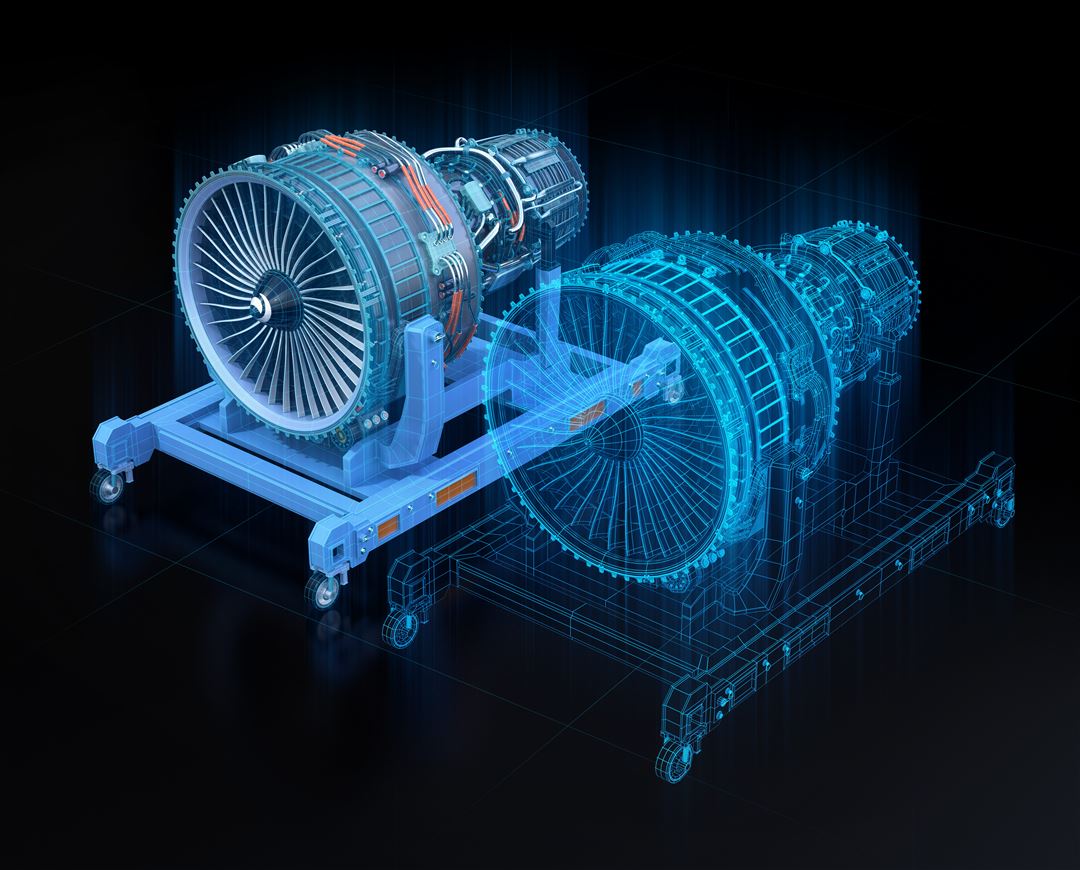In an unprecedented round of funding, the Research Council of Norway has invested NOK 2.1 billion in 22 new centres for research-based innovation (CRIs).
One of these centres is the Norwegian Research Center for AI Innovation (now NorwAI, formely known as CRAI), which comprises a number of major players in industry and academia – including SINTEF.
“NorwAI now brings together a very broad spectrum of both industrial and research partners. Creating new wealth by using artificial intelligence is as much about changing work and business processes as it is about developing new technology,” says Anders Bryhni, manager of the recently-established AI@SINTEF.
“Here we are drawing on business skills both from “digitally born” young companies and from established companies that radically improve customer relations and operations by using artificial intelligence. By combining this with the country’s leading research communities in the fields of AI and machine learning, we plan to put Norway on the international map,” says Bryhni.
According to him, innovation, the ethical use of AI, explainability and machine learning used in industrial applications are important themes.
“Therefore, this combination is a good starting point. The technology must be understood and applied in business and industry – and that can only happen by way of widespread collaboration,” he says.
Facts about the Norwegian Research Center for AI Innovation (NorwAI)
In addition to NTNU and SINTEF, the consortium includes the University of Oslo, the University of Stavanger, the Norwegian Computing Centre, Telenor ASA, DNB ASA, Schibsted ASA, DNV GL AS, Cognite AS, Trønderenergi AS, Kongsberg Digital AS, Retriever Norge AS, the Norwegian Broadcasting Company (NRK), SpareBank 1 SMN and DigitalNorway.
The centre is located at the Institute of Data Technology and Informatics at NTNU in Trondheim, and is administered in collaboration with SINTEF Digital. The company will work closely with the industry-supported Norwegian Open AI Lab at NTNU and some of the leading research groups and networks at universities in Europe, the USA and China.
Increasing acquisition of real industrial data
At the same time the collaboration will enable us to solve another typical challenge that we face in the development of artificial intelligence – the acquisition of data. This is the view of Jon Atle Gulla, a professor at the Institute of Data Technology and Informatics at NTNU, who is also manager of NorwAI:
“It is difficult to work on artificial intelligence without large amounts of real data. Now that we have collaboration crossing industry and sector boundaries of the type we see at NorwAI, the various players can simultaneously access massive data sets that will not only contribute to research but also help industry to build new tools and business models.”
Cannot be tackled using ready-made concepts
According to Anne Marthine Rustad, a research manager at SINTEF, the development of artificial intelligence has made considerable progress in a number of fields. Examples are what technological giants like Google and Amazon are doing with images, recommendations and language, based on internet data: in other words, analyses carried out on enormous amounts of structured data originating from personal customers’ use of their services.
“When it comes to using actual industrial data, it’s a different story. These are often data that are neither streamlined nor coherent – if they actually exist at all. In this field we are only just beginning,” says Rustad.
She points out that this also means that existing industries can reap the benefit of new technology, so that they can make better use of the potential value in their operations.
“Artificial intelligence can help tackle several of the challenges that industry is experiencing at present. This is also a different kind of challenge from those that can be tackled using existing, ready-made concepts. Any future success will depend on a great deal of research, combined with effective industrial collaboration – something for which we are now creating a foundation by establishing NorwAI.”
Big potential for Norwegian concepts
According to Rustad, there is still a long way to go, also internationally, in making use of artificial intelligence to solve these problems efficiently.
“These are fields in which Norway can lead the way – and in particular in those fields in which we already are doing well. We have the domain knowledge and are very familiar with processes in a range of industries in which artificial intelligence can make a difference. Moreover, we are traditionally good at co-operating,” says Rustad.
Bryhni also believes that industrial know-how, combined with data-based analysis can bring great results:
“In Norway we have clear ambitions to become a world leader in artificial intelligence, in fields where we already have considerable capability – be that power generation, ocean space or administration. I believe that artificial intelligence is going to be a field in which one can pick one’s battles and ensure that one becomes the leader in that field,” says Bryhni, who adds:
“We are in a good position here, especially considering the skilled labour force in this country and the many opportunities we have to test things in our domestic environment.”
Specific innovation
“This is, of course, a centre for research-based innovation, and as the name implies, the objective is not just research but innovation,” says Arne Jørgen Berre, a senior research scientist at SINTEF, himself in charge of innovation at NorwAI.
According to him, seven important fields of innovation were identified in connection with the establishment of NorwAI.
“We realise that two of these will be of particular value to our industrial partners – namely work on personification and on intelligent digital twins,” says Berre.
While players like Schibsted, NRK, Telenor and DNB are likely to be most interested in future potential for creating better personalised content and services, others, such as DNV-GL and Kongsberg Digital will probably benefit greatly from the opportunities opening up through intelligent digital twins. According to Berre:
“By using artificial intelligence to add an intelligent layer over a digital twin, one can continuously simulate alternatives and note the direction in which things are moving. One can then make reasoned predictions. If the system detects that the development of a sensor value is heading in the wrong direction, it can initiate action and carry out alternative operations, or shut down and notify people. This could also happen in real time, just like the autonomous systems in self-driving vehicles.”
Ethically justifiable development
According to Berre, collaboration with the University of Oslo will enable major emphasis to be placed on ensuring that both research and innovation at NorwAI are carried out in a correct manner.
All this must, of course, take place in a way that ensures that both personal data protection and ethical principles are taken into account. In addition, it is important for the development of artificial intelligence, and for its acceptance by society, that systems are based on explainable data sources and principles.
According to Berre, artificial intelligence is a decisive factor if the assertion that “data are the new oil” is to come true.
“However, in view of the techniques the international technological giants use to acquire personal and industrial data, we must be much better at owning and administering our own data as a nation, and making them accessible. At the same time, strict requirements are placed on which data are acquired and how they are processed,” says Berre, who is also chairman of the committee for standardisation of AI in Norway, with responsibilities for future harmonisation with international standards.
In the work of NorwAI SFI, opportunities will also open up for innovation on the part of players which are not active partners in the centre.
“Our mandate is to contribute to increased innovation nationally. This is part of the reason why we have also involved DigitalNorway, which shall function as a link to the rest of the country’s trade and industry.”
Facts about AI@SINTEF
The AI@SINTEF venture combines fundamental research into methods and algorithms for machine learning and data processing with applications of artificial intelligence in all industries in which SINTEF operates with Norway’s most innovative companies.


